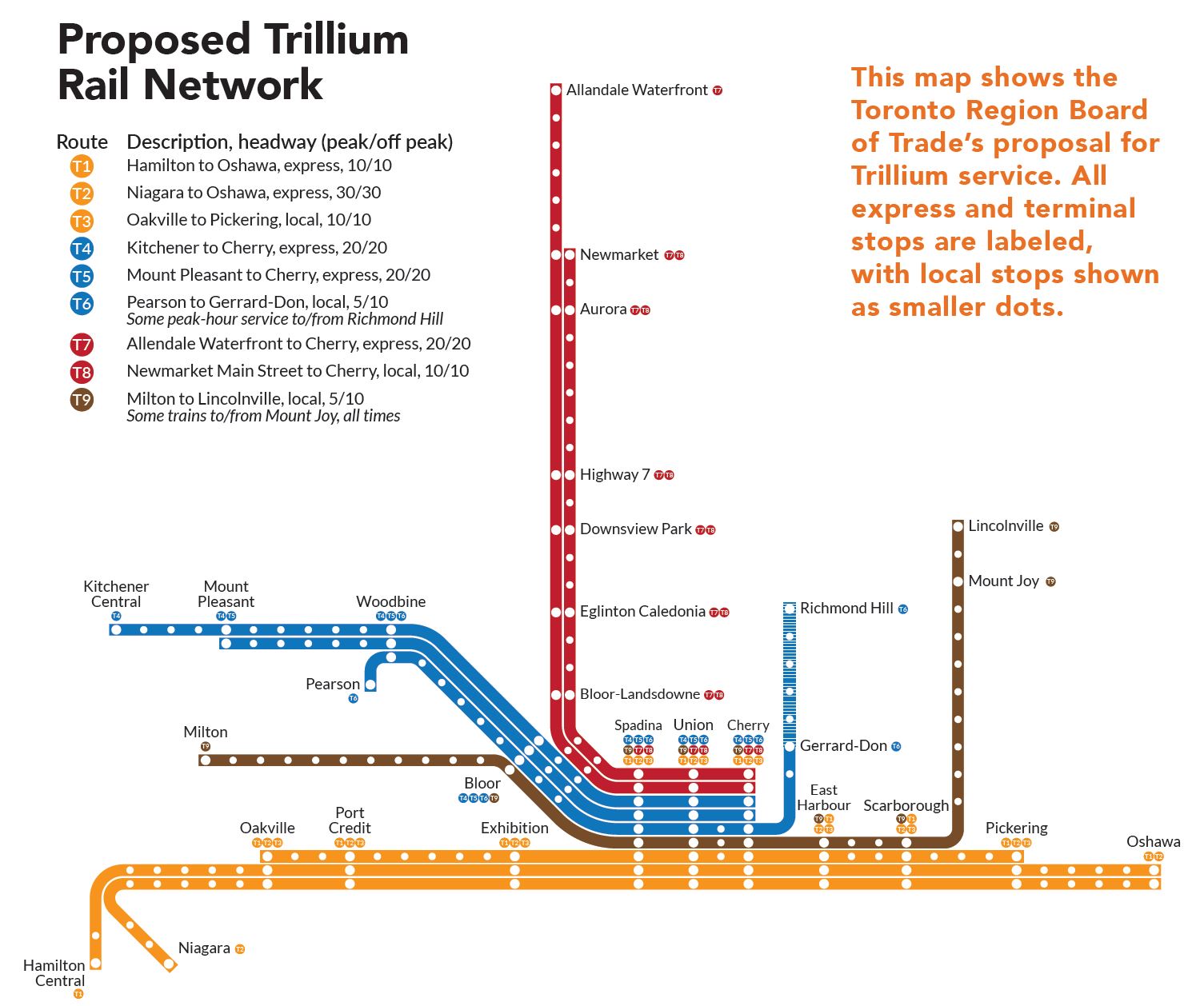sacred
Active Member
Munro's take:

Yet Another Fantasy Map Clouds Regional Planning
On March 29, 2021, the Toronto Region Board of Trade released a proposal Getting on the Right Track – Connecting Communities With Regional Rail as the second of a planned series that will eventuall…stevemunro.ca
Update: report author responds.
SM’s response was hard to get through, to be honest. Points out way too many things which are non-issues with the report





